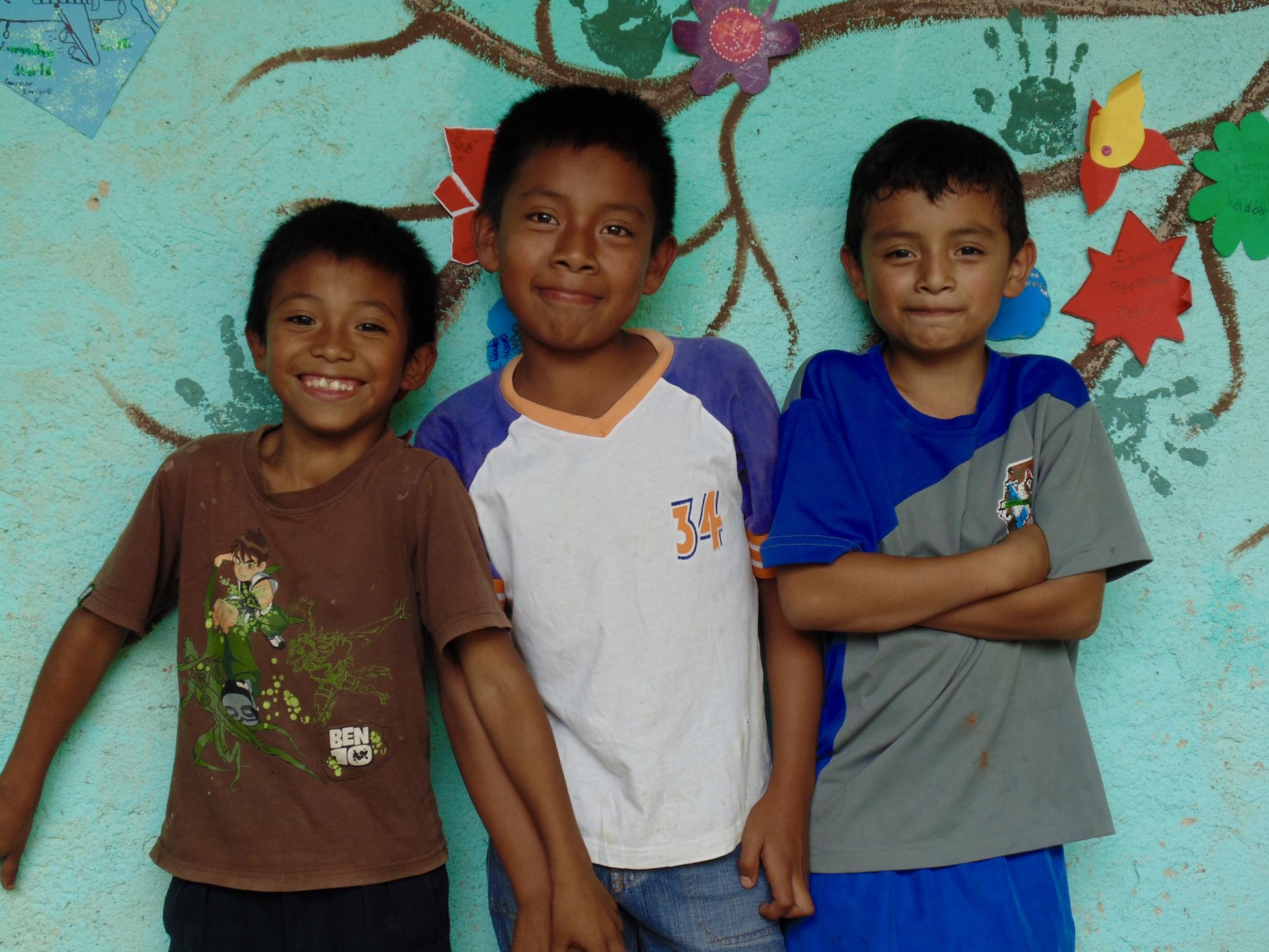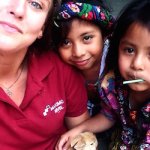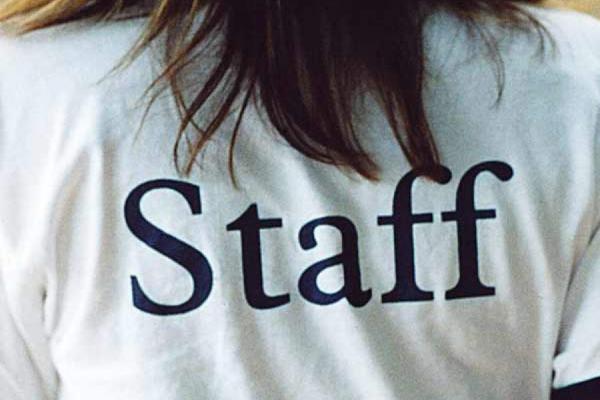Why are you here?
I ask you this question not in a sarcastic or rhetorical way, but literally. In a way that I hope encourages you to think about the answer. What is the reason you want to volunteer?
Volunteering—before I knew better—always seemed like one of the most selfless things anyone could do. When I was in university, I knew people that volunteered while studying and to me it seemed more impressive than getting good grades. Give my time away? I used to think incredulously. I struggled to stay afloat with my course load and my part-time job(s), but to work—for free? How?
I learned that many volunteers have alternative motives, especially while in university. Sure, some people legitimately did it for the experience, but most did it to boost their resume or to reach a minimum amount of hours. Excuse me for being cynical, but after working with volunteers for six months, I have earned the right—and let me tell you why.
In my mind, a volunteer was someone who worked for a cause they cared about without being paid. However, the term “volunteer” is so thrown around now that the definition has become muddled. I met people who told me they “volunteered” their way Central America/Europe/the world, by working in hostels or bars.
This is the first bubble I’m going to burst:
If you’re working in exchange for food and accommodation, you are not a volunteer.
You are working for things that you would have paid for anyways. You party every day and get drunk with guests. You are an employee of the service industry (and I can say this with confidence because I was one for 10 years and I know what it looks like).
But the confusion of what volunteering meant goes even further, I quickly learned. While working as a field manager, in charge of volunteers for about 20 projects surrounding Antigua, I realized how skewed the term "volunteering" has become. For outsiders and onlookers, to volunteer in Guatemala and countries alike, holds a connotation of not only “making a difference” but to travel to a “dangerous” country as well. It upholds that “honorary citizen” image, the same one I used to imagine when I talked to people who volunteered.
To volunteer means you are donating your time without getting anything in return. You may be preparing to volunteer with expectations about what you will do in your two weeks away but, bubble burst number two, and this may come as the biggest shock to you:
This is not about you.
Did you know, almost half the world—over three billion people—live on less than $2.50 a day? According to UNICEF, 22,000 children die each day due to poverty. And they “die quietly in some of the poorest villages on earth, far removed from the scrutiny and the conscience of the world.” And you find yourself uncomfortable with your volunteer placement because it’s too far away? You're upset that your schedule inhibits you from taking the trips you wanted to? You’re not working with “real orphans”?
Again, please ask yourself, why are you here? There are children who are desperate for someone to read a book to them. There are aging citizens whose family hasn’t been to visit them in months, whose day you could make by playing cards with them. There is so much to do, but you have to want to, and you have to feel a selfless desire to help.
You will have difficulties communicating.
Like, they don’t speak English, like at all. OMG. WTF. To put this fact into perspective, in Guatemala alone, there are over 20 languages spoken. Many people in small villages will learn one to two native languages, and then Spanish may be their third language. To be clear, that is zero English. The kids are lucky if they have English in their schools, or to even get to go to school at all. Outside of that, if they are exposed to foreigners they may pick up some basics—and those are the slightly fortunate children. Many adults in small villages have not had the luxury of learning English. It’s expensive and providing for their families is more important.
Of course there will be difficulties communicating! It will be humbling and sometimes excruciatingly frustrating. But the choice is yours as to whether this discourages you, or motivates you.
You are going to feel uncomfortable and squeamish and not understand why. You are going to want to run for the door and never go back.
You are travelling to volunteer—you are not volunteering to travel.
You are going to see some upsetting things. You are going to feel uncomfortable and squeamish and not understand why. You are going to want to run for the door and never go back. But before you do that stop, and think about why you’re feeling this way. Do you feel guilty because you just realized how comfortable your life is? Did you just realize how powerless you are as a tiny tool in the fight against poverty? Again, ask yourself, why are you here?
If you need a reminder think of this: you are going to learn something about how people, in the face of poverty and malnutrition, overcome it all and make the most out of what they have and smile, every damn day.
Life goes on, with or without you.
I personally struggle with this. At times I’ve worried that I’ve become too desensitized to the day-to-day life here; but then a moment passes and I sit back and observe, and think about the statistics and the facts and a wave of mediocrity hits me and I feel powerless, useless and quite simply, sad. My emotions take over and my eyes brim with tears and I feel defeated, like I should just give up and go home. But instead of thinking about the big picture, I try to think about something more short-term. I think about a group of 20 kids who are given the opportunity to learn English, for free at an NGO and what I can do that will help them now, and keep helping them after I leave.
Try to think about continuity and consistency; what can you provide that will keep helping even when you’re gone?
You think you’re volunteering to “change lives,” but the reality is that if you’re lucky, it's your life that will never be the same.
If this happens, it is an honour that you should be proud to go home with. What the world needs more than someone who wants to be a hero is someone who will go home and talk about how experiencing a new culture changed their life, and encourage others to do the same. The world needs people willing to commit more than just their time, but their hearts as well, and feel happy about leaving a part of it behind; people who are willing to let an experience break them and rebuild them, and leave them a different person than they were when they arrived.
My motive is not to discourage people from volunteering. The world 100 per cent needs more volunteers. What I’m suggesting is that people think about their own motives, and readjust them. The reality is that you don’t have to travel to help. You could walk down the street in your city and find somewhere looking for people willing to give their time away—to help a kid, an elder, the homeless. But never forget why you are doing it.
Add this article to your reading list




